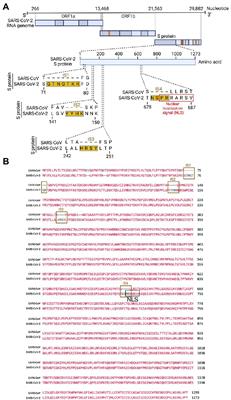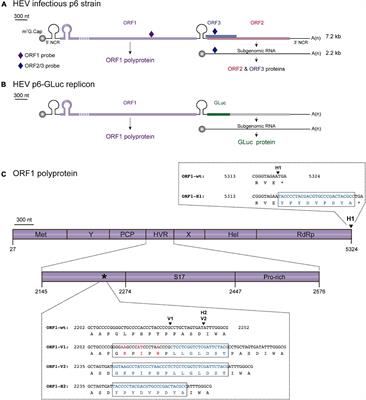EDITORIAL
Published on 10 May 2024
Editorial: Viral interactions with the nucleus, volume II
doi 10.3389/fmicb.2024.1419921
- 409 views
4,068
Total downloads
22k
Total views and downloads
You will be redirected to our submission process.
EDITORIAL
Published on 10 May 2024
ORIGINAL RESEARCH
Published on 06 Feb 2024

PERSPECTIVE
Published on 05 Jan 2024

ORIGINAL RESEARCH
Published on 26 Jan 2023

ORIGINAL RESEARCH
Published on 23 Jun 2022

ORIGINAL RESEARCH
Published on 24 Feb 2022

